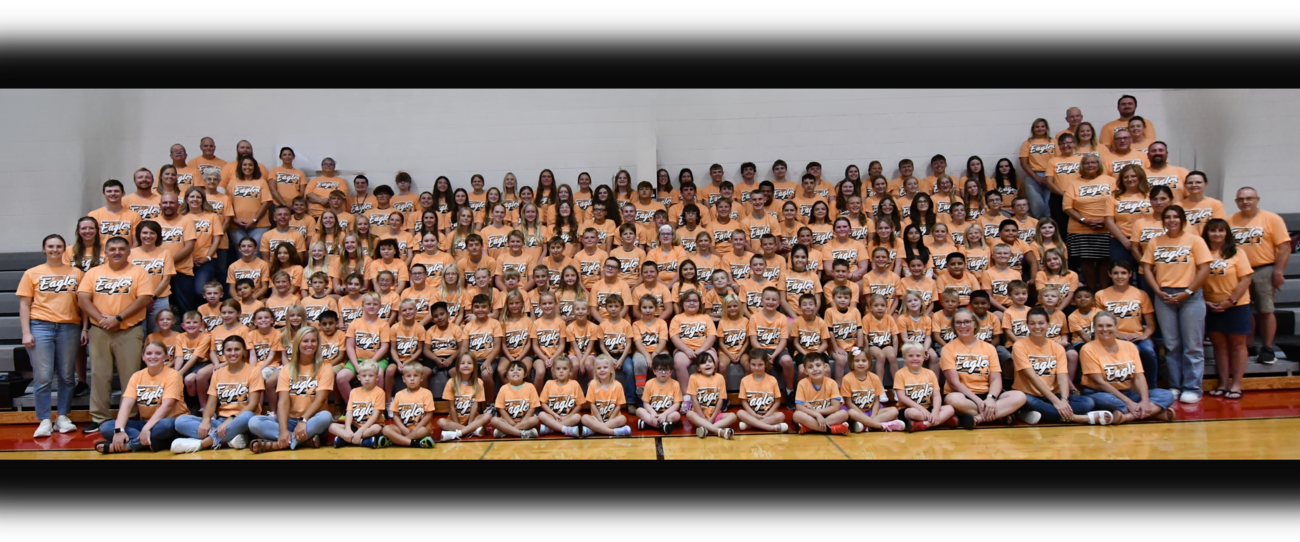Overdose Deaths On the Rise
Overdose Deaths on the Rise
Most of us recognize the serious dangers of using substances such as methamphetamines, cocaine and heroin. We understand and believe there is a real potential for overdose and death that exists with the use of these substances.
While cocaine and methamphetamines continue to see increases of overdose deaths, heroin has been on a downward trend (decrease) in overdose deaths the last few years.
There are likely reasons for the downward trend of deaths related to heroin use.
One likely reason, for the downward trend of overdose deaths associated with the use of heroin, is the stark reality that heroin addicts are actually using Fentanyl that is marketed and sold as heroin. While someone is more likely to overdose and die in this manner, it is counted as an overdose death caused by Fentanyl and not heroin.
Fentanyl is a synthetic opioid that is about 50 times stronger than heroin and 100 times stronger than morphine. Fentanyl is as highly addictive as it is deadly.
Another factor that may contribute to the downward trend of overdose deaths related to heroin is the availability, access and use of naloxone/Narcan. Naloxone/Narcan is an FDA approved emergency nasal spray treatment that rapidly reverses an opioid overdose.
Naloxone/Narcan is an opioid antagonist. Essentially, the spray/medicine attaches to opioid receptors and reverses and blocks the effects of opioids. This allows regular/normal breathing to occur quickly for a person who’s breathing has slowed or stopped because of an opioid overdose.
Here are common signs to look for with an opioid overdose:
-
Small, constricted/pinpoint pupils
-
Falling asleep or losing consciousness
-
Slow, weak, or no breathing
-
Choking or gurgling sounds
-
Limp body
-
Cold and/or clammy skin
-
Discolored/bluish skin (especially in lips and nails)
Furthermore, naloxone/Narcan has no effect on someone who does not have opioids in their system. It should also be noted it is not used to treat opioid addiction, but rather used to reverse an opioid overdose occurrence. Some examples of opioids include heroin, fentanyl, oxycodone/OxyContin, hydrocodone/Vicodin, codeine, and morphine.
What has become more alarming is the reality that the use of Fentanyl has spread well beyond lacing or replacing heroin and other opioid related prescription drugs.
Fentanyl has been used to make not only counterfeit opioid/pain pills but has and is now used to make fake prescription pills that mimic ADHD, antidepressant and anxiety pills as well. These pills are sold on the dark web and marketed as authentic pills. This is particularly alarming as many of these kinds of medications are frequently prescribed to our youth.
And while it is illegal and unsafe to give or sell prescribed medications to others, kids at times partake in such activities, often making those connections through social media apps. Just like many adults, kids don’t associate the same dangers of taking another person’s prescribed medication as they do with illicit street drugs, nor do they think a pill could be fake. After all, many of these pills look almost identical to those produced by pharmaceutical companies.
Source: Drug Enforcement Agency (DEA)
Overdose deaths among youth have increased exponentially in the last two or three years. Overdose rates among youth from 2010 thru 2019 remained virtually the same but nearly doubled from 2019 to 2020 and continued to rise another 20% partway through 2021.
According to Joseph Friedman, an addiction researcher and M.D./ Ph.D., “The increases are almost entirely due to illicit fentanyl, which are increasingly found in counterfeit pills”.
Because of the opioid crisis and the common presence of Fentanyl, some states, Nebraska included, are providing naloxone/Narcan to those who want to have the life-saving product on hand in case of an emergency. Please click on the link below for a list of participating pharmacies in Nebraska that provide naloxone/Narcan at no cost to Nebraska residents. https://stopodne.com/see-all-narcan-pharmacies/
STOPODNE (Stop Overdose Nebraska) is a program that provides awareness and resources to help combat the opioid crisis and deaths associated with it. STOPODNE partners with SAMHSA and the Nebraska DHHS. You can visit stopodne.com for more information about this program and other resources they provide.
For more information about fentanyl or opiate/opioid abuse please visit
www.drugabuse.gov/drugs-abuse/fentanyl or the SCIP web page www.SCIPnebraska.com
Sources:
https://stopodne.com/?radius=10
https://nida.nih.gov/research-topics/trends-statistics
National Drug Involved Overdose Deaths 1999-2020.pptx
https://www.dea.gov/factsheets/fentanyl





